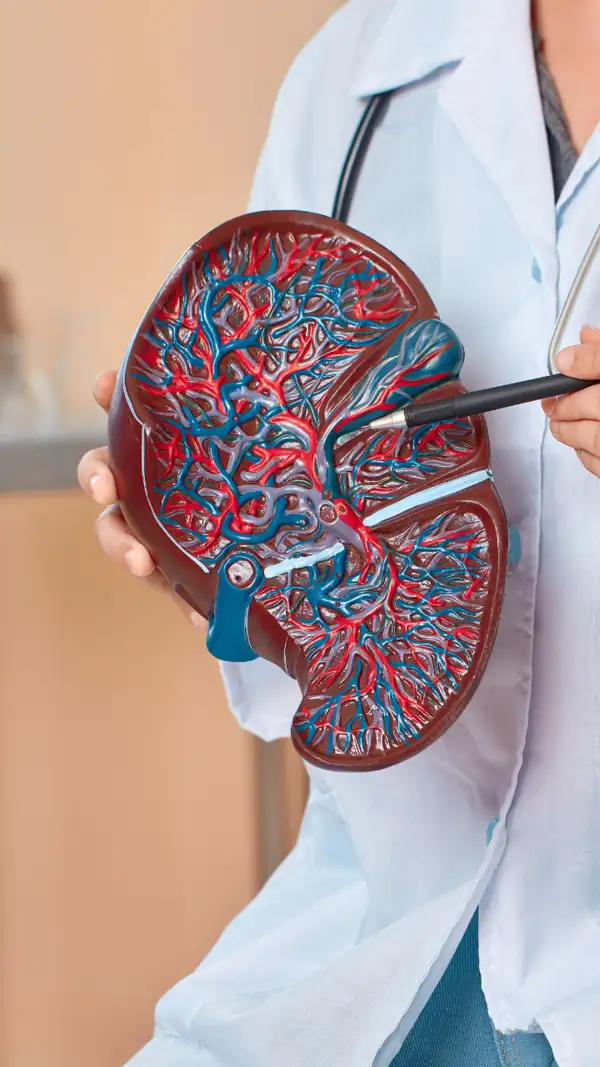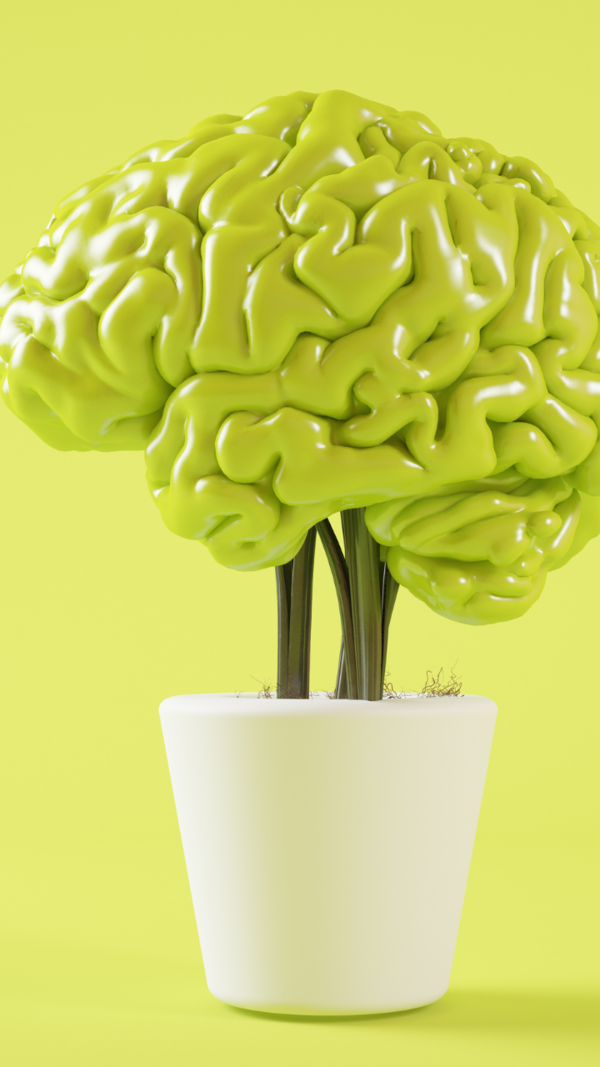Trending
Mom banned from breastfeeding group after objecting to trans member, leaves internet divided
A Mumsnet post ignited debate over a trans woman's inclusion in a breastfeeding group, raising concerns about single-sex spaces. The mother who raised the issue was allegedly dismissed, sparking discussion about balancing inclusivity and women's concerns. This comes amid legal shifts in the UK defining 'sex' as biological, impacting transgender rights and single-sex spaces.
A recent post on Mumsnet, the UK's prominent parenting forum, has ignited widespread discussion by addressing a deeply personal and politically charged issue: the inclusion of transgender women in women-only spaces.
The user, writing under the handle snickerdoodle1990, shared that she had joined a local breastfeeding group in her city to get support for feeding difficulties following childbirth. She described it as a “friendly place” to meet other mothers, exchange advice, and find community. But the dynamic changed, she wrote, when a trans woman—biological male who identifies as female—joined the group, expressing interest in breastfeeding through hormone therapy and the drug domperidone, which is used to stimulate milk production.

In her words, “I told the group leader my concerns and she basically told me to shove it… that the group is a safe space for everyone.” She also claimed that “other women” in the group shared her discomfort, although no other members have publicly corroborated the claim.
It is medically possible for individuals who have not given birth, including trans women, to induce lactation using hormone therapy and galactagogues like domperidone. While rare, the practice has been documented well in clinical case studies, including in transgender women. However, there still is a significant lack in the research on the nutritional value of induced milk and its effects on infants.
This incident comes in the light of recent significant legal shifts in the UK. Just last month, the UK Supreme Court ruled that the word “sex” in the 2010 Equality Act refers specifically to biological sex, not gender identity. This definition has heavy bearing on transgender women, even those with a Gender Recognition Certificate (GRC). The ruling has implications for single-sex spaces, services, and other areas where the Equality Act is used to address discrimination.

The Mumsnet thread drew hundreds of responses, with both sides making strong cases for their cause. One user argued(sic), “I can call myself King Charles IV but it doesn’t make it true. If words mean something, if there is intelligibility behind what we say, then no, this bloke at the breast feeding support group is NOT a mother. A mother gestates and bears a child. In addition, in the ordinary course of events she is equipped to feed the child with her mammaries (that is, she is a mammal!). A father inseminates the mother. That’s how sexual dimorphism works.”
However, as a response, another replied, “So are you saying an adoptive woman cannot call herself a mother or a step mother cannot call herself a mother, there are different versions of mothers aside from the one you mentioned. Stop being ridiculous?!?!”

The fiery debate in the comment section just goes on to show how complicated and emotional the topic of gender identity has become — especially when it comes to women-only spaces. As UK laws change and people’s views shift, it’s clear that communities need space to talk openly and respectfully about these issues.
The challenge is to make sure support groups and similar spaces feel safe and welcoming for everyone — including transgender people — while also listening to the concerns of women who feel these changes affect them.
End of Article
Follow Us On Social Media
Visual Stories
Tired of too many ads?go ad free now









